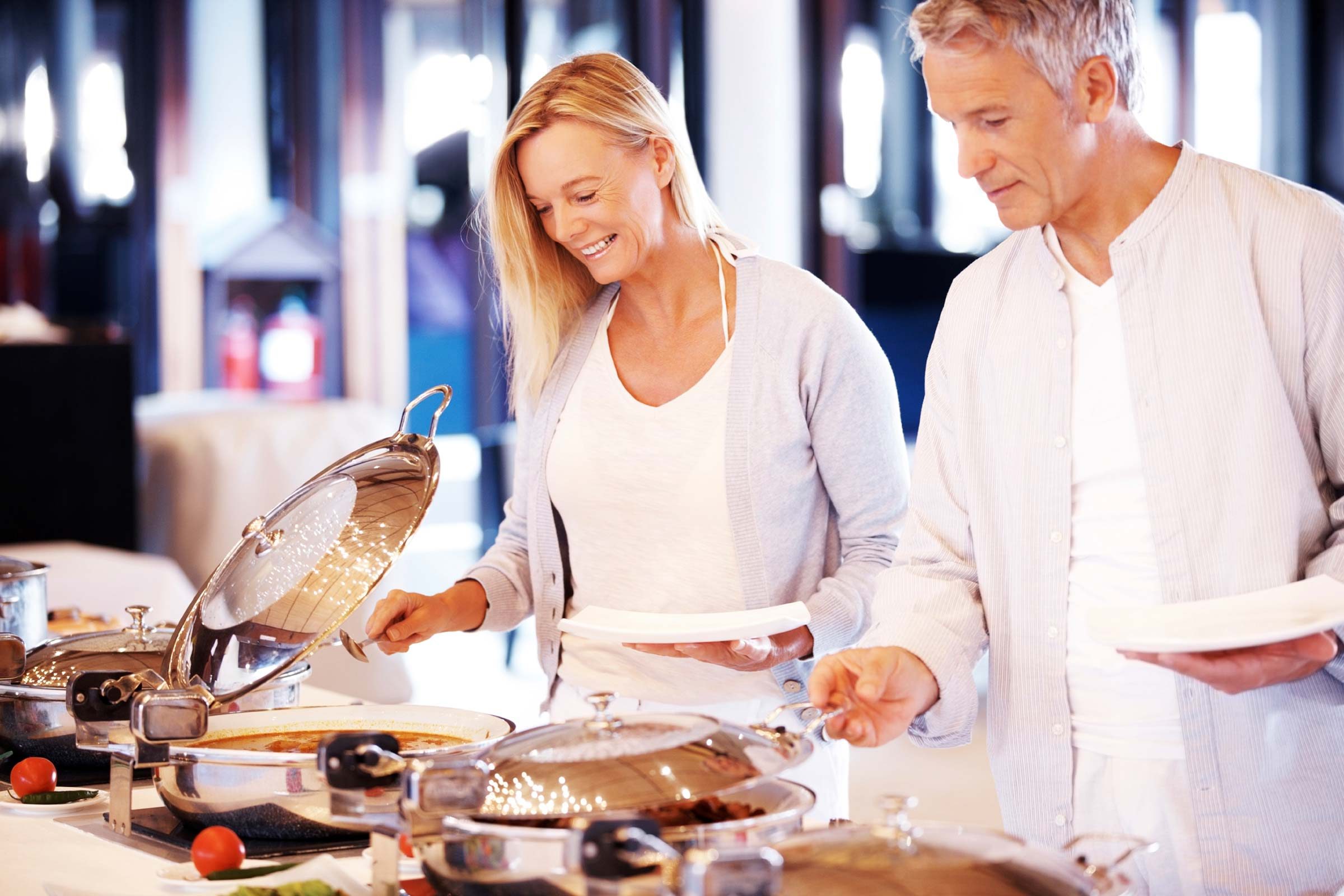
Change is hard
Taking ourselves outside of our normal routine can be stressful, according to Howard Tinsley, PhD, professor emeritus of psychology at Southern Illinois University. “All of those things that fit into our daily routine are disrupted when we’re on vacation,” said Tinsley, who specializes in the effects of leisure behavior. “We may sleep in, we may get up earlier, we may eat differently, we may do different things that create stresses that we are not equipped to handle.” And stress from change can increase production of the chemical cortisol that leads to a weakening of our immune system. Some easy activities you can do while on vacation to lower your cortisol levels include exercising, meditating, and listening to your favorite music. Try relaxing activities like a walking tour, a concert, or just peacing out on your hotel balcony with your morning coffee.

You treat vacation like a job
Too much planning and the structuring of activities as things that you “gotta do” while on vacation can turn your leisure time into a job, according to Tinsley—and a rigid schedule doesn’t bode well for stress levels. “On vacation, a person can become goal-oriented,” adds Tinsley. Focus on one main goal a day you’d like to accomplish, instead of a lot of little activities to check off the list. If something doesn’t work out, stay flexible. If you’d like to stay at one activity longer and that means not making it to something else, that’s okay. “It’s important to maintain a sense of freedom of choice,” said Tinsley. “That’s one of the critical elements of leisure.” Check out the travel mistakes that make you more stressed––over-planning is just one of them.
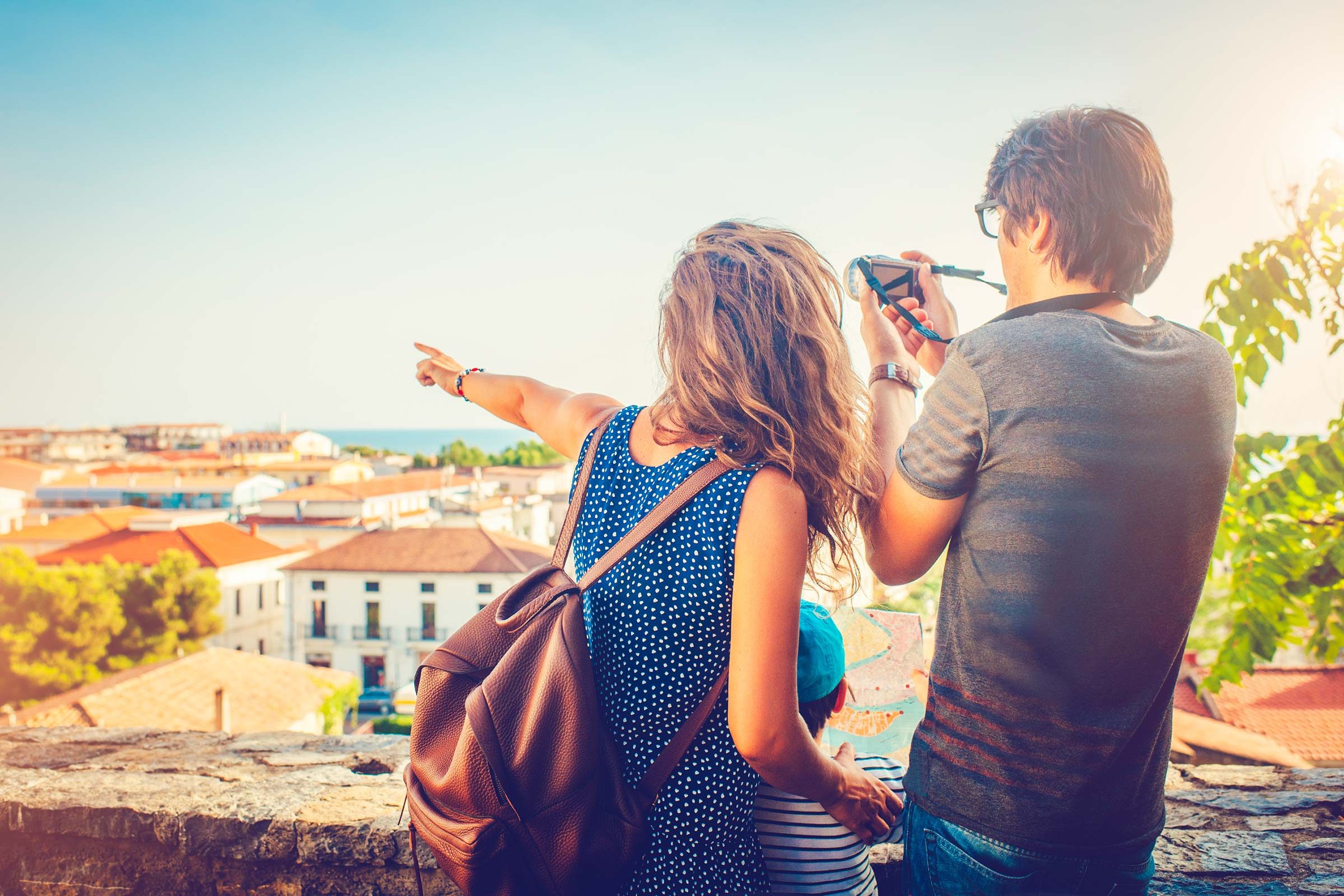
For you, vacation is like a scavenger hunt
Sometimes vacations become a scavenger hunt where you seek to collect experiences; those activities don’t necessarily reflect quality, but rather quantity. Some people, “want to get a wide variety of experiences so they have great stories to tell when they get back,” said Tinsley. “The individual’s personal interests get really lost in that approach.” And that can lead to immunity-busting stress. Instead, choose activities that have an intrinsic value to you. Something you find to be compelling or interesting or that you’ve always wanted to do will be more enjoyable in the long-run than a string of more mediocre activities you did just to say you did it.
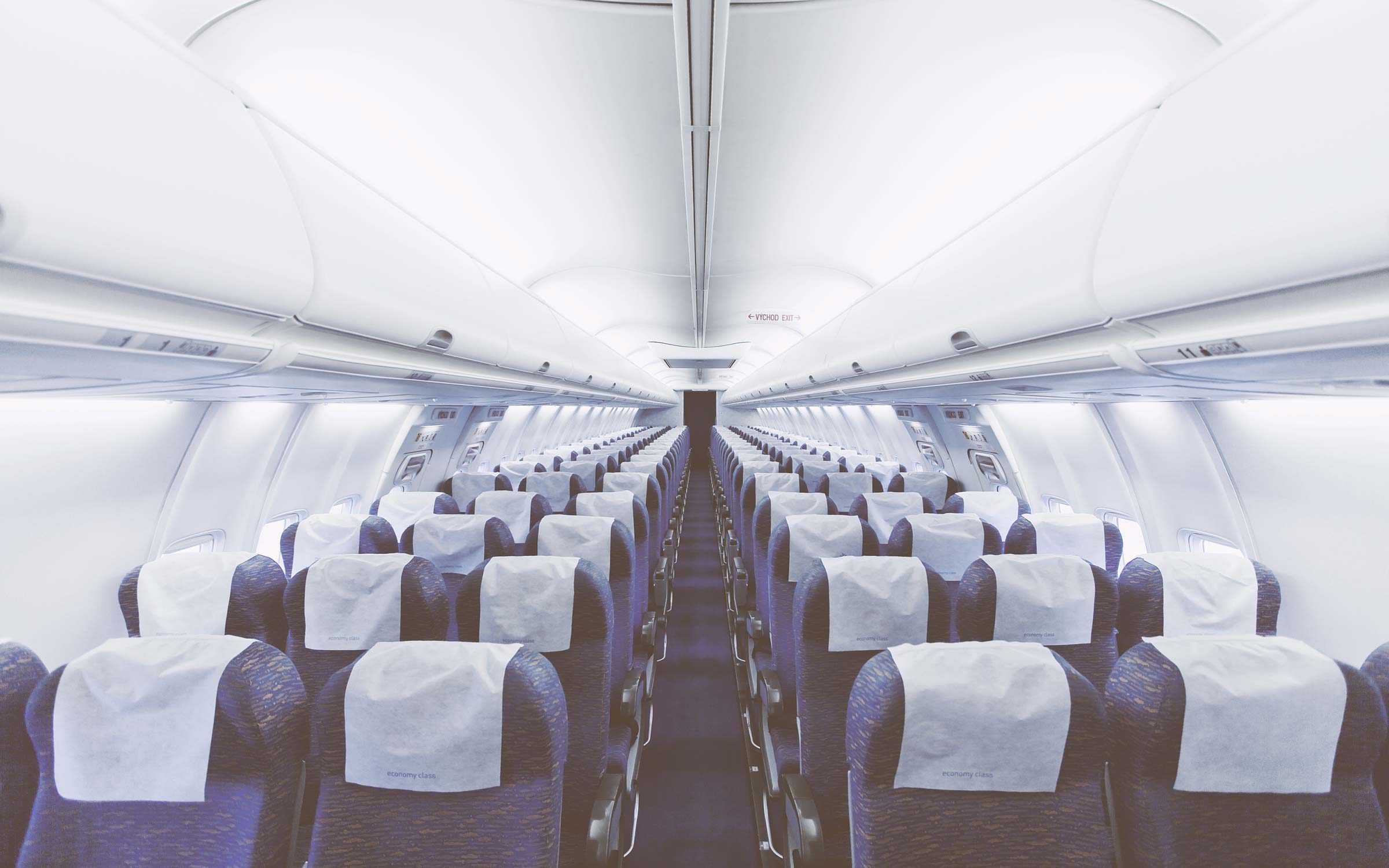
That plane is a germy place
Airplanes are notorious for being breeding grounds for germs that can get you sick. The shared public spaces combined with the low-humidity and low-pressure of an airplane’s cabin is the perfect storm for sickness. To prevent catching a cold while airborne, bring your own disinfecting wipes, wash your hands often, and stay hydrated. Here are 10 more smart tricks to avoid getting sick on long flights.
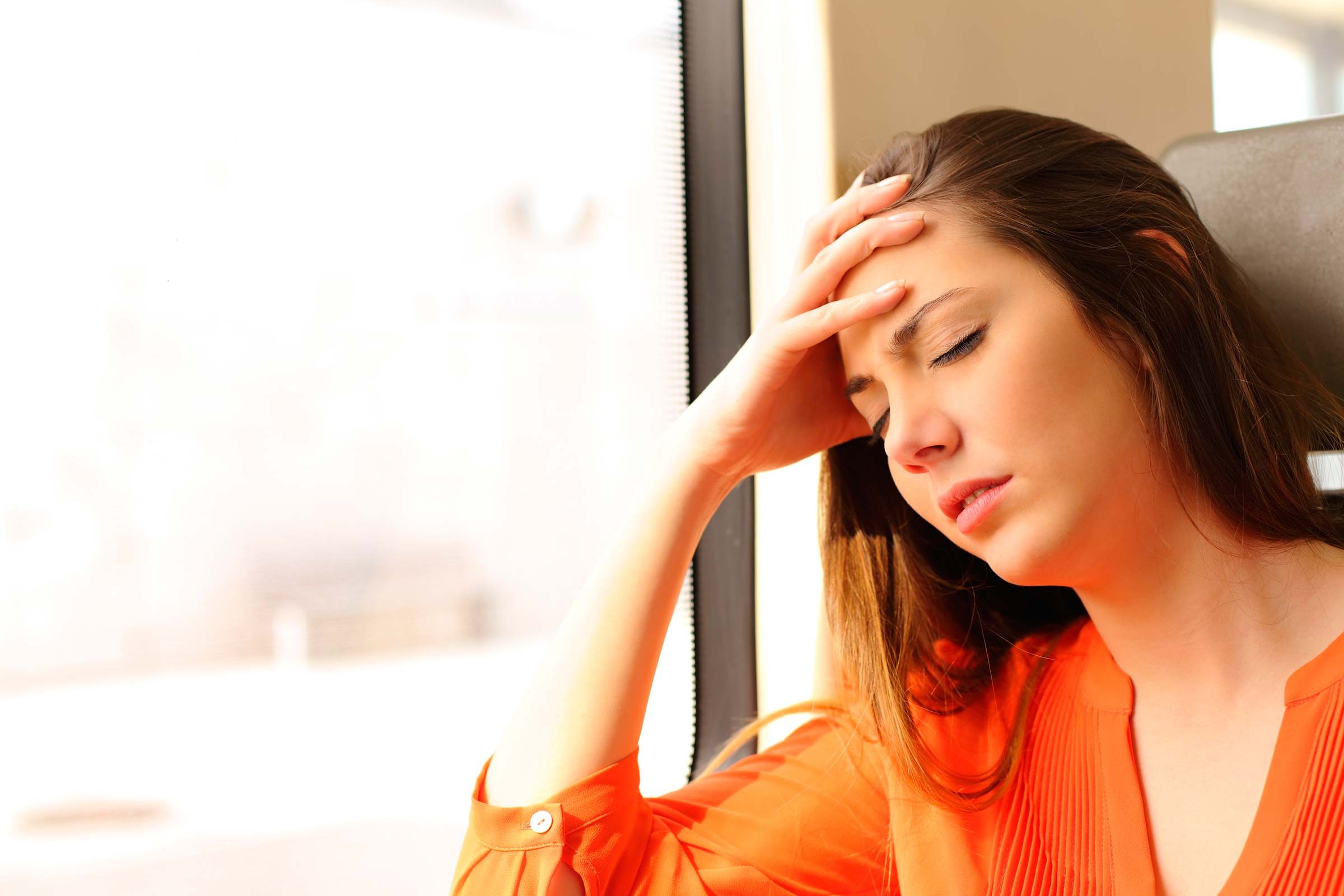
Boats, cars, buses (you name it!) make you queasy
Traveling can cause nausea, vomiting, and headaches when the balance center of your brain sense that you’re moving when your body is not. To avoid motion sickness, try moving your head as little as possible and staring straight ahead during travel. Also, try not to eat a big meal or drink too excessively before a long trip. Preventive medications such as antiemetics, which reduce nausea, and antihistamines, which may make you drowsy, can help. If you already have motion sickness, eating crackers, drinking fizzy beverages like ginger ale, and getting fresh air are all known tricks to help relieve any discomfort. If you tend to get motion sick, check out these natural remedies for motion sickness before you travel.

You’ve got a case of jet lag
Your body has its own circadian rhythms, which operate like an internal clock and helps to keep you up during the day and asleep at night. When you travel, your circadian rhythm becomes altered from the changing time zones; the farther you travel, the more you’re going to feel it. Symptoms of jet lag include disturbed sleep patterns, mood changes, stomach problems such as constipation or diarrhea, and a general feeling of malaise. If you’re a frequent traveler, certain medications or light therapy might be helpful for you to get rid of jet lag.
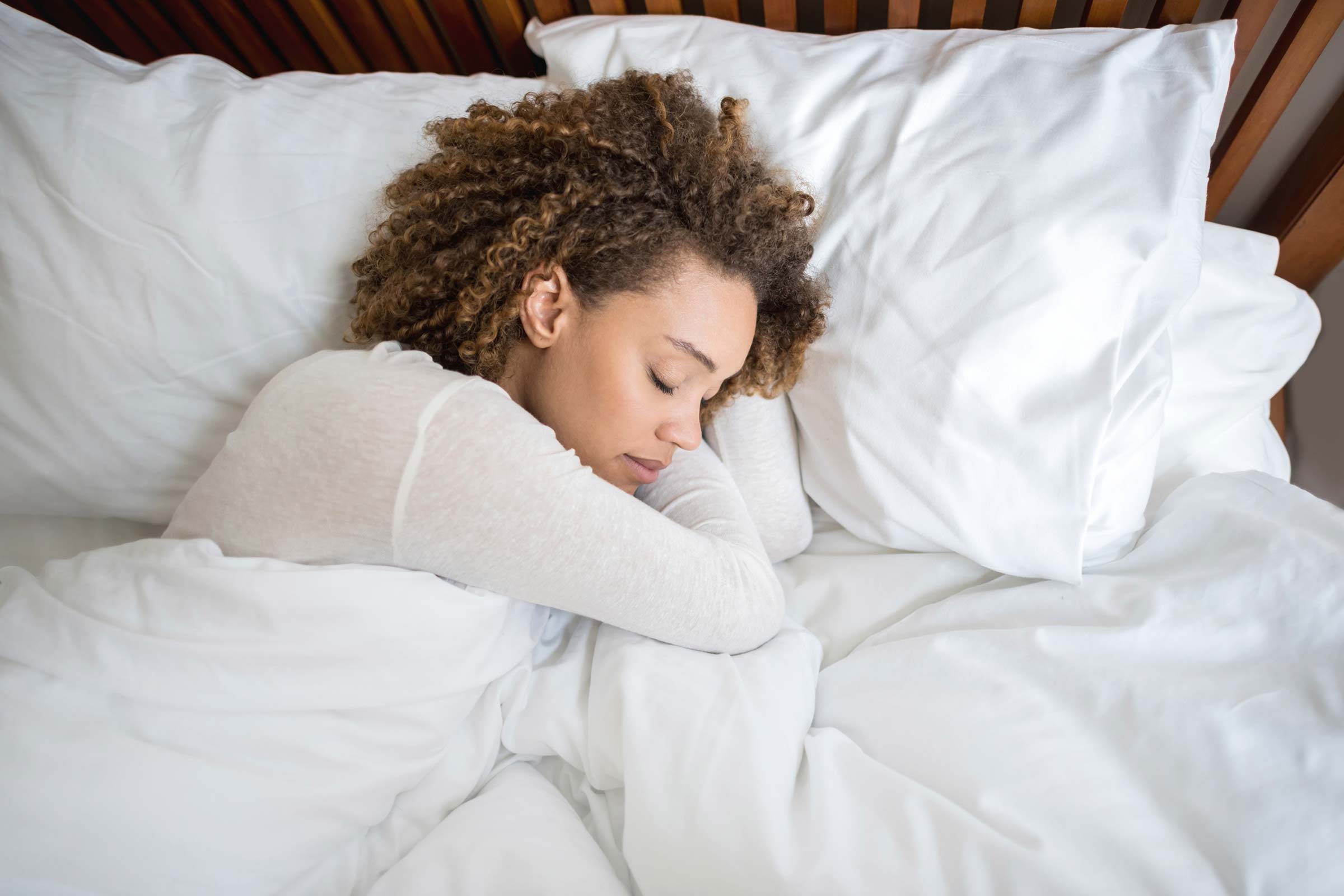
You’re sleeping way less
Vacation is the perfect time for jammed-packed days. That means waking up early as well as staying out late. Even a short-term lack of sleep can further depress your immunity and make you more vulnerable to getting sick on vacation. Incorporate some downtime into your day. Taking a nap for 30 minutes or less is a good way to re-energize your body and not feel groggy. Find out the 15 secrets to staying healthy on vacation (yes, this includes getting your Z’s).
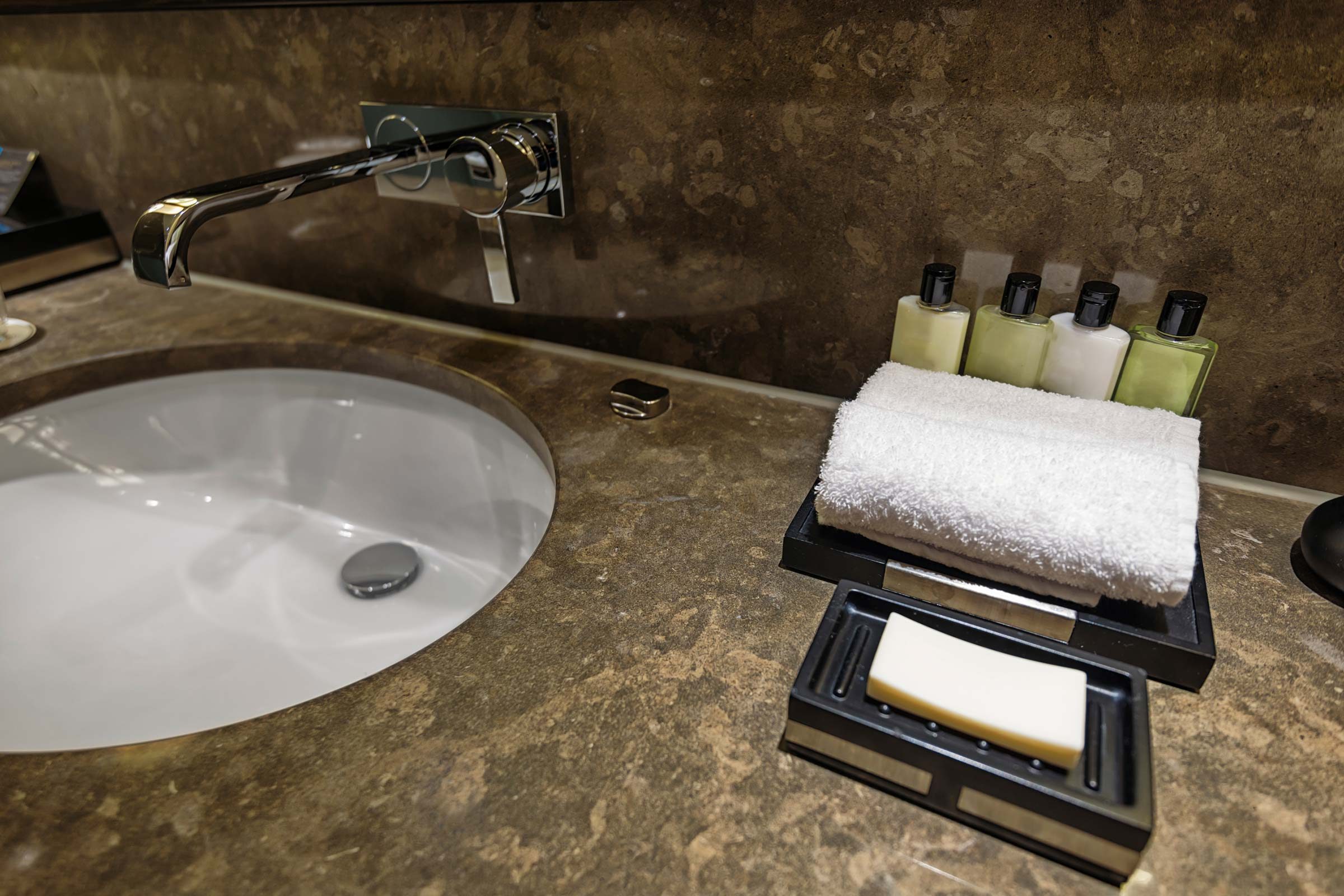
Ick! Your hotel room is a petri dish
Some of the dirtiest parts of a hotel room are commonly shared—but rarely cleaned—items like the remotr control or phone. If you’re a real germaphobe, put your remote in a plastic bag instead of touching it with your bare hands. Disinfectant wipes also come in handy when swiping over a hotel’s mini fridge’s handle, telephone, or hair dryer. Never leave your toothbrush on the bathroom counter, but instead opt to keep it propped up in a disposable cup. Check out the 22 tips to avoid getting sick or robbed during your hotel stay.

You overdid it in the sun
While getting a little vitamin D can be good for the body, getting too much sun can lead to sun poisoning, or intense cases of sunburn from UV light exposure. Just 15 minutes outside can lead to sunburn, though it could take a few hours for you to notice symptoms. Try not to get burnt in the first place by thoroughly applying sunscreen (preferably at least 30 SPF or higher), and reapplying every two hours. Drink plenty of fluids and stay in the shade. Try to limit your sun exposure between 10 a.m. and 2 p.m. when its rays are strongest.

Mental stress! There are too many choices
Some people choose not to plan or structure their vacations not all. But this doesn’t mean less stress than a packed schedule. “Sometimes, there’s less structure built in, it’s more unpredictable for you,” said Frank Farley, a professor at Temple University in Philadelphia and former president of the American Psychological Association. “What are you going to do? That’s stressful. Uncertainty is one of the most paramount forces of human fear.” Farley explains that stress occurs when you deviate too far from what you are used to. Strike a balance between structure and flexibility. If you are someone that doesn’t do well leaving your comfort zone, opt for vacations close to home or filling your time with an activity you’re already familiar with such as cooking or playing a sport. These will provide familiar touch points for you. Don’t miss the 9 travel mistakes to avoid to have the best (and healthiest) vacation ever.
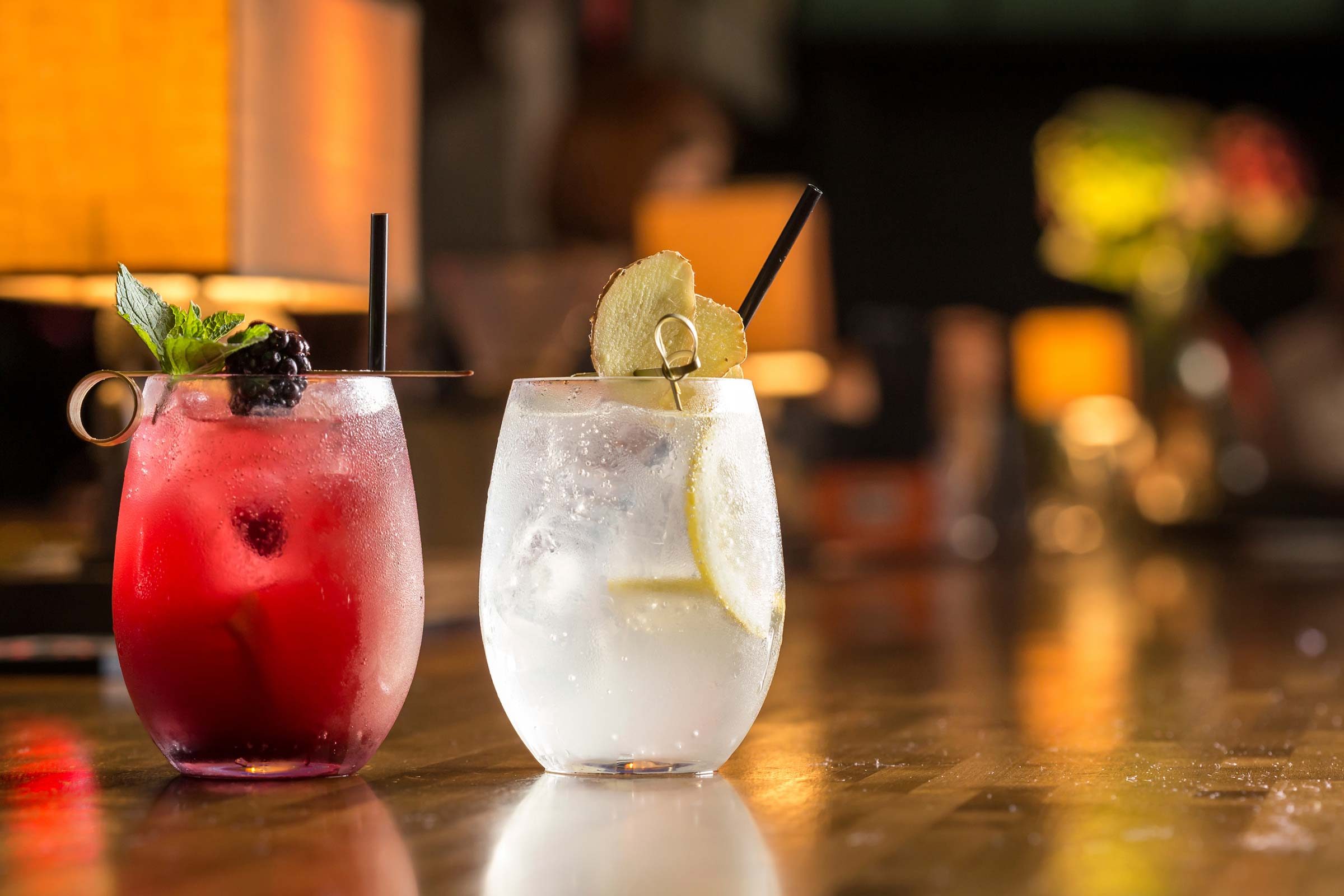
What’s one more? You drink more alcohol than usual
Often on vacation people feel inclined to drink more, as boozing becomes synonymous with letting loose. However, before you sip on that next margarita poolside remember the effects drinking can have on your body, such as lowering your immune system, making you dehydrated, and contributing to weight gain and lack of energy—not to mention the potential for hangovers the next morning. Make sure to eat well and hydrate, hydrate, hydrate before consuming alcohol. Know your limits and alternate each drink with water. Just because it’s vacation, don’t use that as an excuse to exceed your limits.
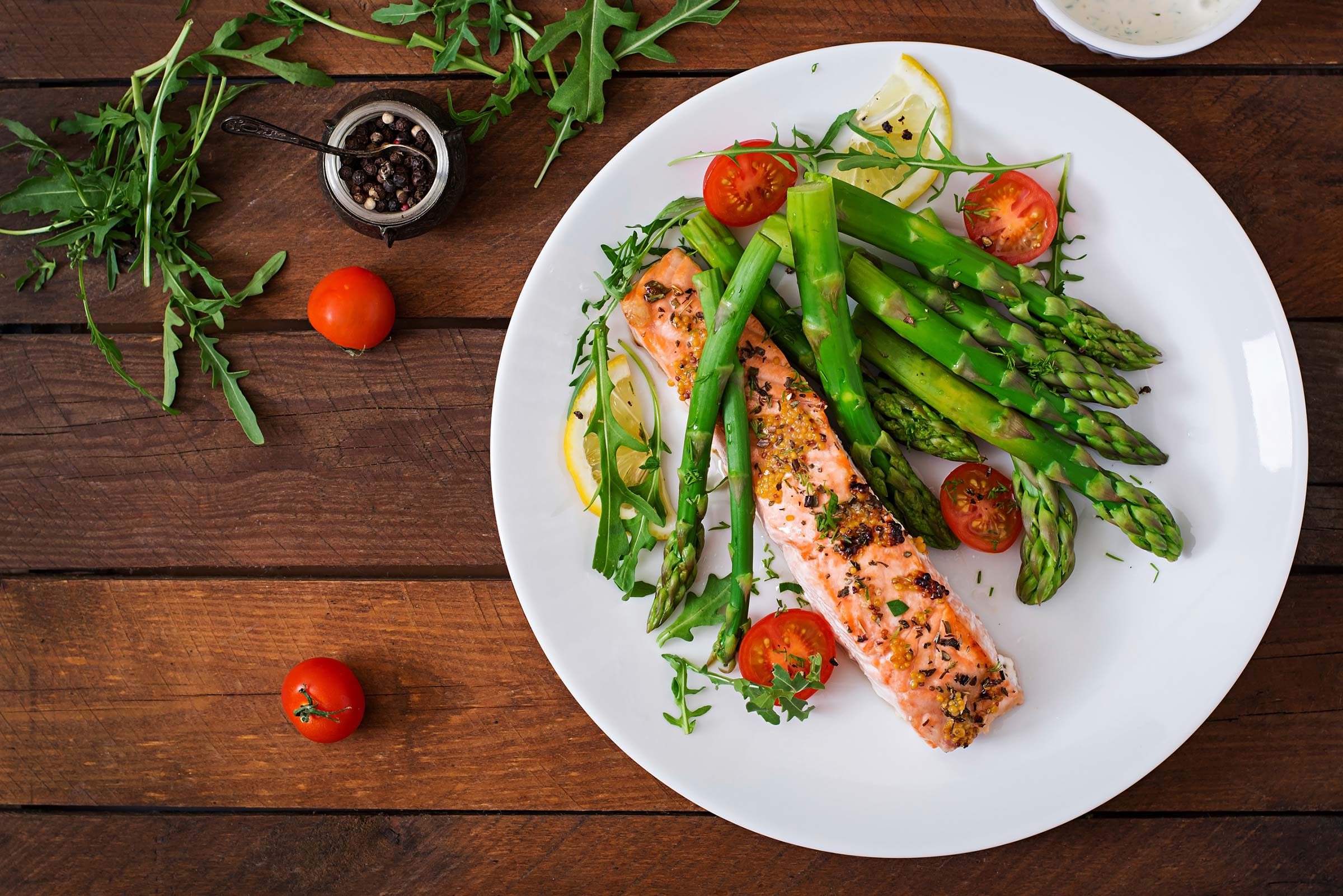
Your eating habits are off-kilter
Vacations also are times for eating out in abundance and—duh!—restaurants are usually not super diet-friendly places. When your diet changes, such as by eating foods that are rich in fat, sugar, and sodium, your body can experience the effects; whether that’s indigestion or other upset stomach issues or feeling sluggish from eating rich, decadent meals. Instead, use vacation as an opportunity to load up on healthy fruits and vegetables. Think healthy smoothies for breakfast and fresh salads for lunch.

Yikes! Your vacay is turning into family therapy
“People have all sorts of stresses in their families, so they think they can fix these on their vacation,” said Tinsley. “It’s an unspoken goal or pressure.” This approach to a vacation can become taxing and take the joy out of a time that should be relaxing. Vacation should be for the lifting of stress, not the added burden of addressing big relationship problems. It’s okay to demand alone time on a family vacation. Tinsley says you can still get quality family time without making it feel like a mandate by doing activities that seem intrinsically important to your family. Be open to letting the kids having some alone time, or pairing off into different groups for different events. Before things go awry, check out the 6 smart solutions for common vacation issues.
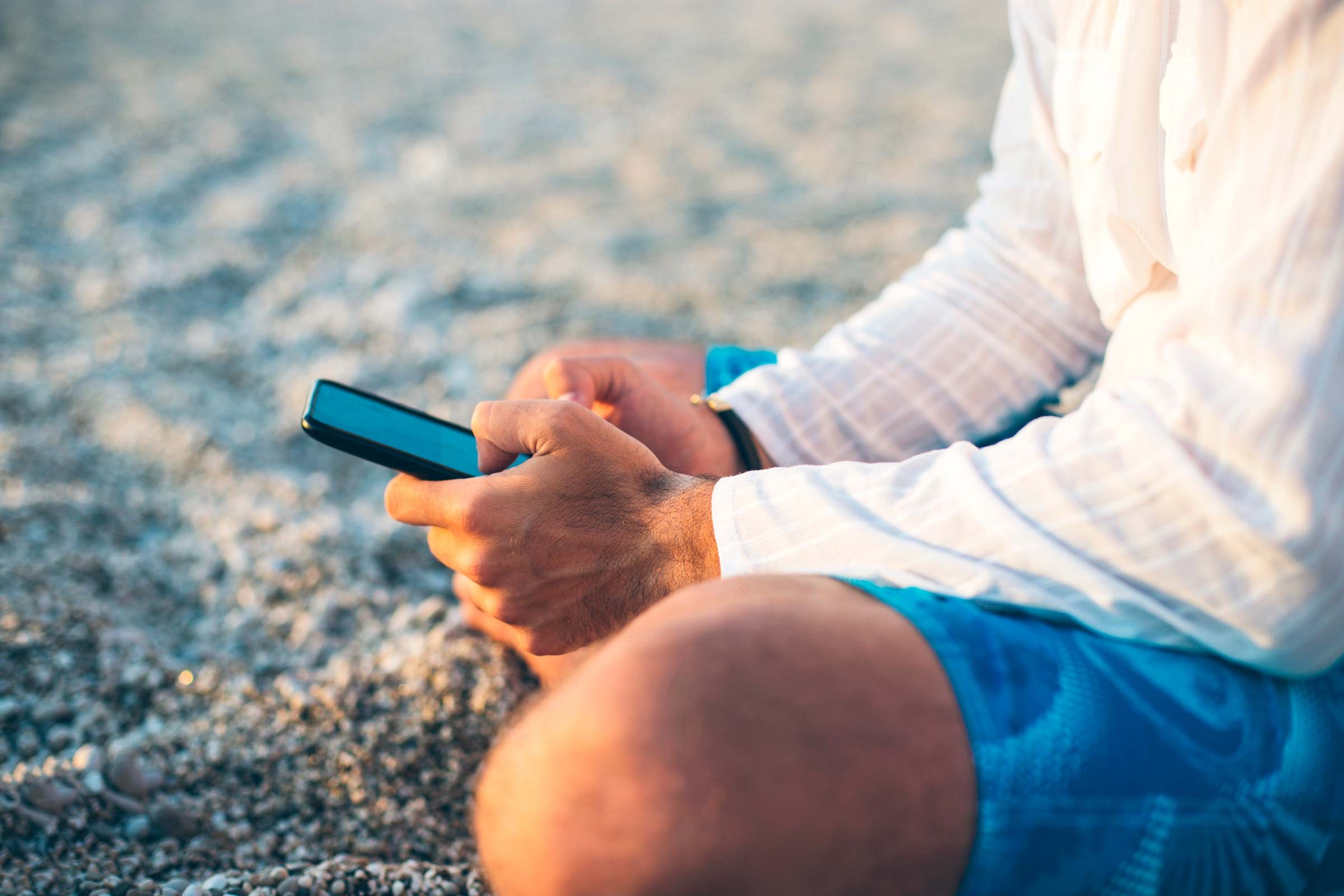
The “I should be working” guilt factor is getting to you
Not surprisingly, workaholics can feel guilty when they’re away from the office, or maybe urgent work deadlines are making you feel like you have to stay on top on email from vacation. In fact, leisure pursuits can make you feel worse because “gnawing away at you is the idea ‘I should be working,'” says Farley. Either way, feeling stressed about work defeats the purpose of being away. The only remedy is to figure out true ways to unplug. Tell yourself you’re only going to check your messages at a certain time and make sure all your responsibilities are handled before heading out so there’s as little as possible left on your to-do list to worry about. And consider this perspective: Vacation is the perfect time to make you miss work, so that you’re more motivated and excited to get back to what you do. As they say, “distance makes the heart grow fonder.”